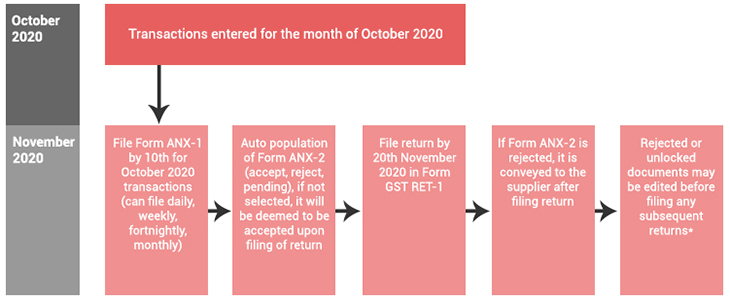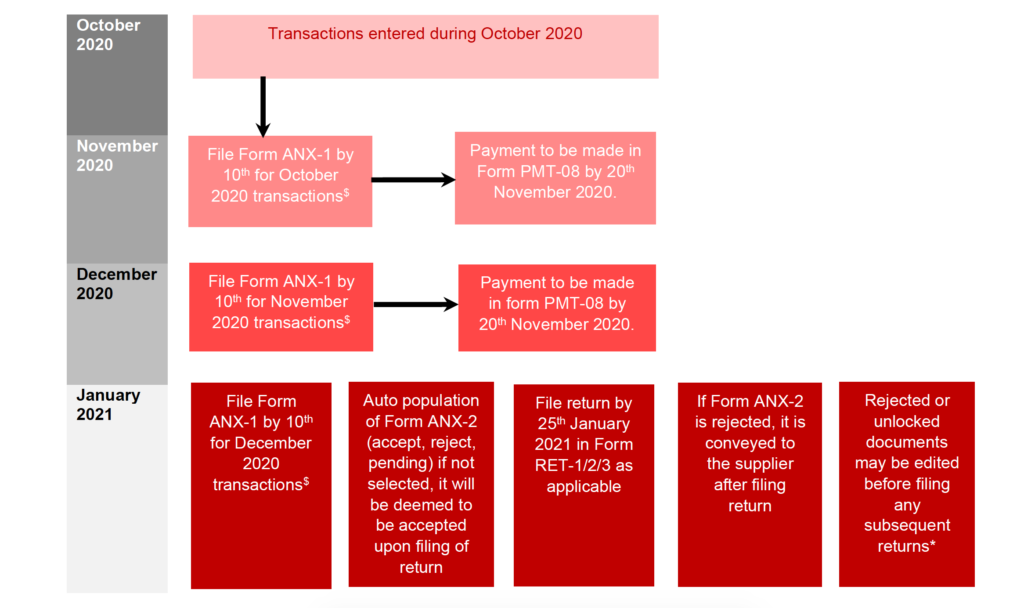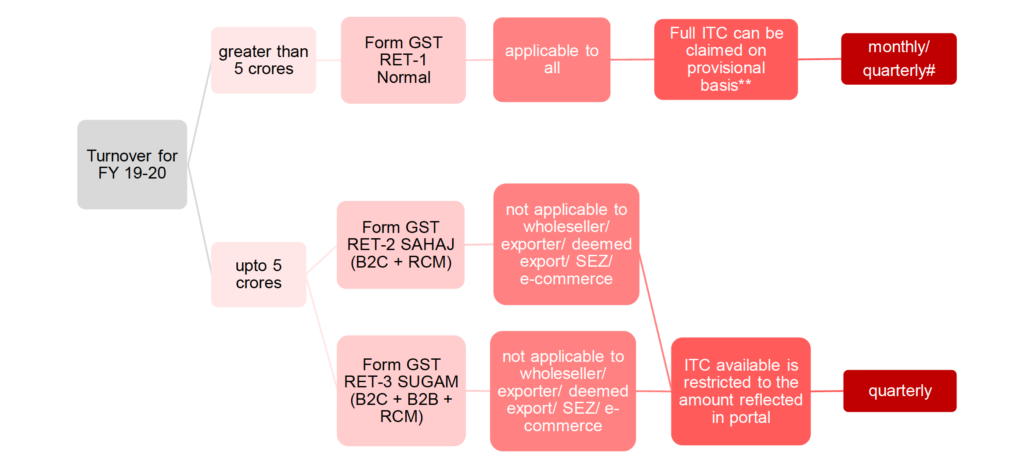The real estate sector in India has been facing a tough time from quite a few years. The situation has become tougher due to the current Covid-19 situation across the globe. The uncertainty holds the world to a standstill and India is not an exception to it
The global economic slowdown is likely to negatively impact real estate demand in the country this year. Almost all sectors have started the first month of their financial year 20-21 with minimal or negligible sales.
It is currently too early to provide a detailed, quantitative assessment of the COVID-19 impact on economic activity, industries, and the real estate market. The effects of the outbreak will inevitably vary from market-to-market, and the true impact and recovery will manifest in forthcoming quarters.
We at Incorp received a lot of queries coming in the past few weeks from our contact sphere to help them understand the impact on Real Estate; thereby our team has tried to address some of the top points impacting the Industry and the ways to mitigate it.
- We have often heard of the statement – “Communication is the key to success”. In this pandemic situation, the word communication gets replaced with Compromise. “Compromise is the key to success” – Developers will have to follow only one strategy “Compromise”. Compromise in their lifestyle, spending, sales price expectations, holding unsold inventories, and all those things coming their way. The interest meter keeps running even when one is sleeping. Line of credit sanctioned by banks, financial institutions, NBFC’s, etc. before lockdown will no longer stay in the same state of condition. Every loan sanctioned will be reviewed and valuation will be challenged post lockdown. Mr. Deepak Parekh, HDFC warned developers against high leverage and said it is going to work as a double-edged sword. “In good times, it amplifies your profit. In bad times, it destroys you. Be careful of the perils of leverage,” he further added.
- Holding on readily available inventory by the developers will no longer be in the interest of the developer. Developers may have to take a haircut on their sale price expectation up to 20%. This will help to generate liquidity and to sustain in this market in the long run. Also, the launching of new real estate projects is not feasible. Smaller the house, easier to sell. Demand for affordable housing and homes with the ticket size of up to Rs. 2 Crores will still exist, but the high-end segment already has saturation. Maintaining liquidity in the current situation will be a challenge due to the ongoing outflows and commitments but once life comes to normalcy, one should start maintaining liquidity.
- Equity partners shall be welcomed with open arms. This includes working in Joint Venture Model, Development Manager Model, strategic partnerships and financial partnerships. Instead of further borrowing, the developer shall explore PE funds, HNIs, strategic partner who has a strong face value in the market. Being partnered with the strong face or goodwill may, in turn, help the developer to sail through from this situation. Even partnering in with well-esteemed contractors will be equally useful.
- Our Debt syndication experience tells us that developer has a tendency to switch the banks quite often. This is mainly because of two reasons;
a. An existing bank may not extend the support in the aggressive expansion of the developer/borrower &
b. Competency in the commercials offered compared to existing banks.
Though the former reason is explicitly the call of the bank depending on their appetite and risks involved but later are in hands of the developer. In either case, the developer shall stick to its existing bankers and encash their long-lasting relationships with the banks. Banks are to be treated as co-owners in the project. A borrower should not switch the banks for 50 to 100 bps point difference.
- Major projects in the real estate market fail due to the wrong estimation of the project life cycle. Life of the project must be estimated from the first rupee infused and till the last rupee recovered. Also, the borrowing estimation (tenure) must be calculated accordingly. Tenure of the loan should be equal to the life cycle of the project; any shorter tenure loan will not work. If the tenure projected is less than project’s life, the project will face a cash crunch and if the tenure projected is more than project’s life, it may lead to a diversion of excess funds generated during its life.
- In any real estate project in India currently, the cost of premiums payable to government is equivalent to the cost of construction. It means there is no longer a story of doubling your money in 3 years in real estate. In fact, developers are finding it difficult to achieve even single-digit margins if the project is not executed as scheduled. Developers may have to joint their hands and contest with authorities to stagger the premium payments. In Maharashtra, for the acquisition of the project, huge premiums are to be paid to CIDCO, MHADA even before the inception of the construction of the project. If these premiums are not staggered under the measures channelized by the government to revive the industry post lockdown, developers may not be able to sustain. No bank will fund at this stage and even if funding is available, no developer will be in a position to borrow such a huge sum of money.
Few questions in the mind of developers?
How long would be the impact of Covid-19 situation on our industry?
Real Estate in India will pass through tough times for a minimum of 6 months from now. This is mainly due to their monthly fixed overheads backed by zero sales and tiny recovery from the sold inventory. People, in general, will start holding money and keep it for securing themselves from any uncertainty coming their way in the near future.
How to generate liquidity & commence ongoing projects immediately post lockdown?
Each industry will face the problem of generating liquidity. Real Estate being the second most job-generating industry, will be at the peak of its liquidity issues. One should try to generate liquidity by selling “Lock and Key” unsold stock which will help to commence ongoing projects and keep them running post lockdown.
Should we approach banks to restructure our existing loans?
Yes. RBI is already discouraging banks to keep money in RBI accounts and thereby encouraging banks to infuse more money into the system. Hence you should apply for restructuring your existing loans before they turn NPA. Even a one-time restructuring of NPA accounts may be allowed in the near future.
I have got an opportunity to merge with another developer and this will help me to complete my project in time. What should be my response?
Completing the project on time and delivering the units to the customers will enhance your goodwill in the market. “Alone we can do little; together we can do so much”. Focus on partnerships, you may partially lose control, but it is a need of the hour.
In our industry, there are always long due payments to be made to suppliers and contractors. Will the supplier continue its support after the lockdown?
The relation between developers, suppliers and contractors goes hand in hand. All are dependent on each other in some or the other form. Be in touch with your suppliers, contractors, maintain long-lasting relations, and leverage them at the right time. Relook at your existing dues and schedule a payment plan for suppliers/contracts so that required support from them stands uninterrupted
What is the strategy to be adopted to reduce the impact of the Covid-19 situation?
Relook at the project estimation right from its configuration, life cycle, funding requirements, feasibility, etc. Remember, smaller the house, easier to sell. Other than various points suggested above, “Compromise” is the only key to success to overcome the situation.
What can be demanded from the government by the developers?
Being the second-largest job-generating industry after agriculture, the government should help the real estate industry by incentivizing migrant laborers to return to their jobs as it is difficult for them to even understand the situation of lockdown. This incentive can be in the form of travel cost for coming back to the workplace and insurance, employer’s contribution towards provident fund can be exempted and the same to be provided by the government.
Ready Reckoner value to be relooked by the state government as Land revenues come under the state government. At many places in Tier 1 cities, the ready reckoner value is higher than the actual deal value which makes the project unviable for even lenders to support the developers. Though the government has reduced the stamp duty in some states like Maharashtra with effect from 01st April 2020, there should be thought for a complete waiver of stamp duty for a smaller period post lockdown to boost the Real estate industry. The state government may not be able to do this for a longer period as huge revenue comes from this segment.
Staggered payment schedule for all premiums can play a vital role in managing cash flows for any developer and thereby the industry as a whole.
What’s the say of Developers on the above?
When we gave a thought of writing something on Real Estate, we thought taking their views is also most important in the current situation. Here goes their say:-
“Compromise is not about losing. It is about deciding that the other person had just as much right to be happy with the end result as you do,” said author Donna Martini. A known developer said Compromise has to be from all sides i.e. from government, banks, RBI, and a developer. What has and will hit us badly is the demand. Unless the Rate of Interest (ROI), Fixed Obligation to Income Ratio (FOIR), and Loan to Value (LTV) are not revisited by banks, the demand will continue to be price-sensitive and we will be continued to be advised by Bankers to reduce prices by 20%.
“Reducing sale prices of flats while prices for Raw material, cost of production and other incidental costs keep increasing will not be a solution. This will lead to an even more negative outlook towards Real Estate and will spark the sentiment of distress sale on lowering prices. Such events will dishearten buyers and existing investors too”, said another developer from Tier 1 city.
One of the top builders in Mumbai also quoted “The business of real estate is very different from money lending and another commodity trading. To remain in business and to keep moving if we are paying high interest on our borrowings doesn’t mean we are making profits of more than the interest paid by us. The lenders feel that because a developer pays much higher interest, a developer may also have an appetite to reduce the sale price by 20%. The lenders should reduce the rate of interest which will certainly improve profitability and the need for the developer is for better cash flow to complete ongoing projects”.
How can InCorp India help you?
At InCorp India, we are committed to delivering quality in Transaction and Risk advisory services. Our dedicated team of transaction advisors can assist you in any real estate related issues and provide the ease for operations.





